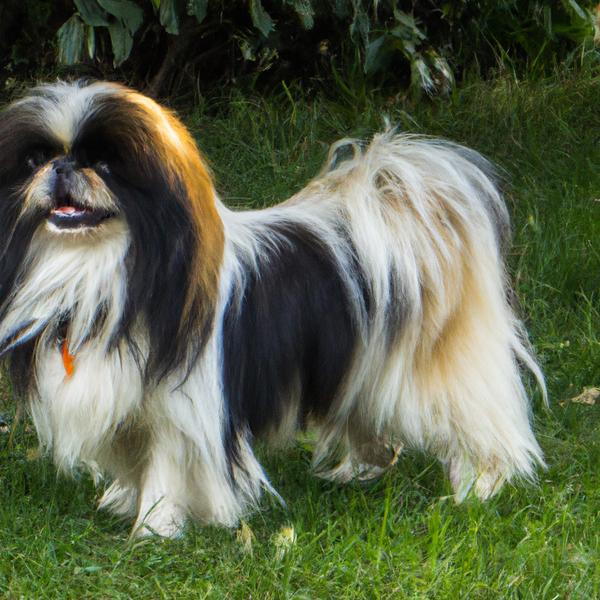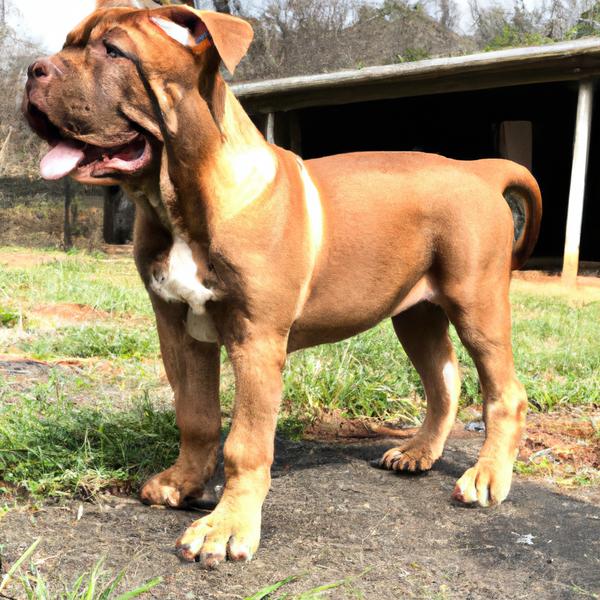Tibetan Chin vs. Box-a-Shar: Breed Differences and Similarities
Hypoallergenic
Are Tibetan Chins or Box-a-Shars hypoallergenic, or neither?
Unfortunately, neither Tibetan Chin nor Box-a-Shar are hypoallergenic, which may not make them the best choice for dog lovers who suffer from pet allergies.
Temperament
What are the personalities of Tibetan Chin and Box-a-Shar dogs?
Playful
Loving
Aloof
Independent
Happy
Alert
Intelligent
Loyal
Assertive
Willful
Playful
Loving
Independent
Energetic
Intelligent
Confident
Friendly
Affectionate
Loyal
Devoted
Fearless
Brave
Bright
Reserved
Suspicious
Shedding Level
Do Tibetan Chins shed more than Box-a-Shars, or which breed sheds more, Tibetan Chins or Box-a-Shars?
Tibetan Chin or Box-a-Shar dogs are low shedders. The coat sheds an average amount and doesn't require much care.
Watchdog Ability
Which dog breed makes a better watchdog, the Tibetan Chin or Box-a-Shar?
Tibetan Chins aren't great guard dogs; they tend to just watch without taking action.
Avoid Box-a-Shars as watchdogs - they're not effective.
Origin
What is the origin of Tibetan Chin and Box-a-Shar dog breeds?
United States
United States
Ancestry
What are the origins of Tibetan Chin and Box-a-Shar breeds?
Tibetan Spaniel and Japanese Chin
Boxer, Shar-Pei
Breed recognition
Which kennel clubs recognize/register Tibetan Chin and Box-a-Shar?
ACHC = American Canine Hybrid Club
DRA = Dog Registry of America, Inc.
ACHC = American Canine Hybrid Club
DRA = Dog Registry of America, Inc.
Date of Birth
When were Tibetan Chin and Box-a-Shar breeds first developed?
2000's
2000s
Eye Color Possibilites
What are the eye colors of Tibetan Chin and Box-a-Shar dogs?
Brown
Brown
Nose Color Possibilites
What are the natural nose colors of Tibetan Chin and Box-a-Shar?
Black
Black
Coat Color Possibilites
What are the natural colors of the coat for Tibetan Chin and Box-a-Shar breeds?
Black
Cream
Red
Sable
Silver
White
Brown
Brown
Black
Red
Brindle
Pied
Coat Length
What is the typical coat length for Tibetan Chin and Box-a-Shar breeds?
Tibetan Chins are known for their coat length.
Box-a-Shars have coats that can be either short or medium in length.
Coat Density
What is the density of the coat of Tibetan Chin and Box-a-Shar?
Coat Texture
What is the hair texture of Tibetan Chin and Box-a-Shar?
Straight
Litter Size
What is the usual litter size for Tibetan Chin and Box-a-Shar?
A Tibetan Chin can have a litter of 3-6 puppies on average. However, it's worth noting that the size of the litters can vary greatly. Factors that can influence litter size include the health of the mother, breeding history, and genetics.
A Box-a-Shar can have a litter of 2-10 puppies on average. However, it's worth noting that the size of the litters can vary greatly. Factors that can influence litter size include the health of the mother, breeding history, and genetics.
Adaptability
Tibetan Chins are highly adaptable and versatile, making them excellent companions for families and individuals of all lifestyles.
Box-a-Shars are known for their adaptability and can adjust well to different environments and lifestyle changes.
Health Issues
Between Tibetan Chin and Box-a-Shar, which breed is more prone to health problems?
While the Tibetan Chin breed is generally healthy, occasional vet check-ups are still necessary to address any health concerns.
Box-a-Shars typically have low vet costs due to their good health, but it's important to monitor their health and seek vet care when necessary.
Major Concerns
What are the major health concerns for Tibetan Chin and Box-a-Shar breeds?
None Known
Bloat
Hypothyroidism
Degenerative Myelopathy
Cancer
Aortic Stenosis
Minor Concerns
What minor health issues should be kept in mind when owning Tibetan Chin and Box-a-Shar?
Entropion
Cataracts
Progressive Retinal Atrophy (PRA)
Patellar Luxation
Hip Dysplasia
Epilepsy
Eye Problems
Occasional Tests
What occasional tests are recommended for Tibetan Chin and Box-a-Shar breeds?
Dna For Pra
Eye Examinations
Full Physical Examination
X-Rays
MRI
Eye Examination
Physical Examination
Allergy Tests
Blood Work
Radiography
Energy
How do the energy levels of Tibetan Chins and Box-a-Shars compare?
Tibetan Chins' high energy levels make them unsuitable for a low-key dog, choose accordingly.
Box-a-Shars are suitable for those with a balanced lifestyle as they have an average energy level.
Social Needs
Tibetan Chin vs Box-a-Shar social needs comparison
Tibetan Chin has very high social needs and requires regular mental and physical stimulation, a job or purpose, and companionship.
Box-a-Shar has above average social needs and thrives with interaction with humans and other dogs.
Exercise Needed
Tibetan Chin vs Box-a-Shar exercise need comparison.
The Tibetan Chin and Box-a-Shar breeds are breeds that require minimal physical activity to maintain a healthy lifestyle. They are ideal for people with busy lifestyles, elderly people or those who have limited mobility. They also make great pets for those who live in small apartments or have limited outdoor space.
Sleeping Need
Which of the two sleeps the most/least: Tibetan Chin or Box-a-Shar?
Tibetan Chins are known for their relaxed and calm nature and enjoy long periods of sleep.
Box-a-Shars have moderate energy levels and typical sleep patterns of 12-14 hours per day.
Tendency to Bark
Do Tibetan Chins or Box-a-Shars bark more/less frequently?
Tibetan Chins bark moderately when necessary and may also bark due to certain triggers like fear, alarm, boredom, greeting, separation anxiety and compulsive barking.
Box-a-Shars are typically quiet and only bark when needed, such as to alert their owner or when in distress.
Mouthiness
Mouthiness Comparison: Tibetan Chin vs Box-a-Shar?
Roaming urge
Tibetan Chin vs Labrador: Running away tendency?
Prey Drive
Tibetan Chin or Box-a-Shar - which breed has a higher level of prey drive?
Activity Level
Which breed has higher energy, Tibetan Chins or Box-a-Shars?
Tibetan Chins are low-energy dogs. This breed make a great companion for a relatively inactive person. Tibetan Chin dogs require a few short daily walks, and then they're happy snuggling next to you for the rest of the day.
Box-a-Shars are medium-energy dogs and typically enjoy socializing and playing casual or even sustained games of chase with other dogs. They may also have occasional periods of barking or racing around the house.
Tolerance of being left alone
Walks per Week
How many miles should Tibetan Chin or Box-a-Shar walk each week?
There's really no limit to how far you walk your dog as long as they're comfortable. For Tibetan Chin, it's at least 8 miles / week. Just remember to build distance and stamina gradually over time.
There's really no limit to how far you walk your dog as long as they're comfortable. For Box-a-Shar, it's at least 9 miles / week. Just remember to build distance and stamina gradually over time.
Activity per Day
Do Tibetan Chins or Box-a-Shars require more exercise?
In general most Tibetan Chins usually need at least 60 minutes of exercise daily. This can be spread across the day and include all sorts of high-energy activities, like walking, running and playing.
In general most Box-a-Shars usually need at least 30 minutes of exercise daily. This can be spread across the day and include all sorts of high-energy activities, like walking, running and playing.
Grooming
Which breed is easier to maintain in terms of grooming, Tibetan Chins or Box-a-Shars?
The Tibetan Chin requires an average amount of grooming compared to other breeds.
The Box-a-Shar has low grooming needs and is easy to maintain.
Brushing Frequency
What is the recommended brushing frequency for Tibetan Chin and Box-a-Shar dogs?
Tibetan Chin and Box-a-Shar should be brushed at least once a week. Of course, you can give them more frequent brushes if you find that they are still shedding a lot.
Brushing Tools
What brushing tools are used for Tibetan Chins and Box-a-Shars?
Pin Brush
Comb
Nail Clipper
Pin Brush
Slicker Brush
Nail Clipper
Cups
How much food should be given to Tibetan Chin or Box-a-Shar in cups?
For an average 7-15 pound (3 - 7 kg) Tibetan Chin feed 1 cups daily. But, keep in mind, the amount you feed is going to be dependent on the quality of the food you are feeding.
For an average 45-65 pound (20 - 29 kg) Box-a-Shar feed 3 cups daily. But, keep in mind, the amount you feed is going to be dependent on the quality of the food you are feeding.
Daily Cost
Which breed has a higher daily cost, Tibetan Chin or Box-a-Shar?
The average cost of a Tibetan Chin is somewhere $1.10 - $1.40 per day.
The average cost of a Box-a-Shar is somewhere $2.10 - $2.70 per day.
Monthly Cost
Which breed has a higher monthly cost, Tibetan Chin or Box-a-Shar?
The average per month expenses of a Tibetan Chin is between $35 - $42. This makes an average of $420 - $504 per year. It will be on the higher side when the dog is still small because it will need more frequent visits to the vet, shots.
The average per month expenses of a Box-a-Shar is between $55 - $73. This makes an average of $660 - $876 per year. It will be on the higher side when the dog is still small because it will need more frequent visits to the vet, shots.
Intelligence
Comparing Intelligence: Tibetan Chins vs Box-a-Shars
Tibetan Chin and Box-a-Shar have average obedience intelligence, but they're also independent thinkers. This breed is known for having an exceptionally high IQ, which means they may get into trouble if left to their own devices.
Sensitivity Level
How do Tibetan Chin and Box-a-Shar compare in sensitivity?
This breed is sensitive and requires gentle handling and a calm home environment.
Box-a-Shars have average emotions and adapt well to different situations.
Affection Dependance
Which is the more affectionate dog breed: Tibetan Chin vs Box-a-Shar?
Apartment Friendly
Which breed is more apartment-friendly: Tibetan Chin or Box-a-Shar?
Tibetan Chins make excellent apartment dogs, being fairly active indoors and not requiring a yard.
The Box-a-Shar is a great apartment dog, thriving with sufficient exercise and time outside as part of their daily routine.
Child Friendly
Do Tibetan Chins or Box-a-Shars have a friendlier temperament towards children?
Tibetan Chin and Box-a-Shar are average friendly dogs towards children.
Senior-friendly
Which dog is more suitable as a pet for the elderly - Tibetan Chin or Box-a-Shar?
Cat Friendly
Do Tibetan Chin or Box-a-Shar breeds have a better compatibility with cats?
Tibetan Chins are very friendly with cats and make great companions for them.
Box-a-Shars are average in their friendliness toward cats and tend to do well with them, especially if raised together.
Dog Friendly
Which breed is more sociable with other dogs: Tibetan Chin or Box-a-Shar?
Tibetan Chins are friendly and active companions, and can be good family pets, though their friendliness towards other dogs may vary.
Box-a-Shars are less friendly towards other dogs, but can improve with socialization.
Pet friendly
How do Tibetan Chin or Box-a-Shar dogs interact with other pets?
Stranger Friendly
Which breed is more friendly with strangers: Tibetan Chin or Box-a-Shar?
Tibetan Chins are friendly but may bark at strangers, and training is easy due to their intelligence.
Box-a-Shars are quick to announce strangers and can be standoffish or suspicious.
Playfulness
Which breed is more playful between Tibetan Chin and Box-a-Shar?
Tibetan Chins have an average level of playfulness, enjoying playtime like most dogs but not excessively so.
Box-a-Shars are a playful breed that needs daily playtime to be happy.
Trainability
How do the trainability levels of Tibetan Chins and Box-a-Shars compare?
Tibetan Chins are popular for their ease of training and quick learning ability.
Box-a-Shars are usually easy to train but require consistency to fully obey commands.
Compare Tibetan Chin with other breeds

Rashon
Tibetan Chin vs Rashon

Smooth Fo-Tzu
Tibetan Chin vs Smooth Fo-Tzu
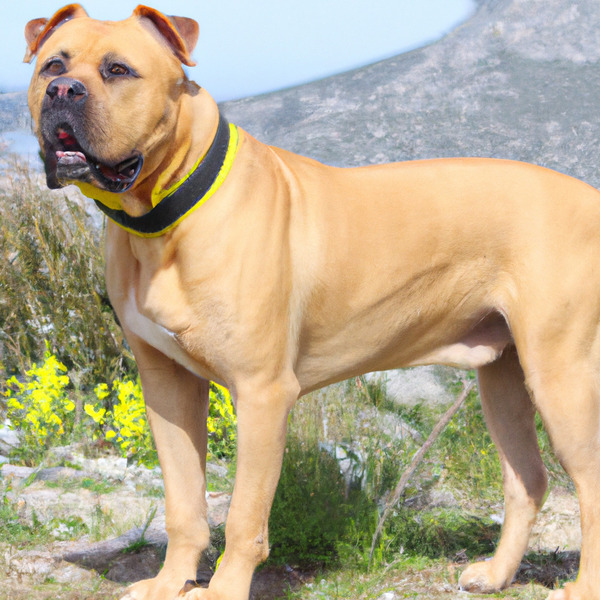
Perro De Presa Canario
Tibetan Chin vs Perro De Presa Canario
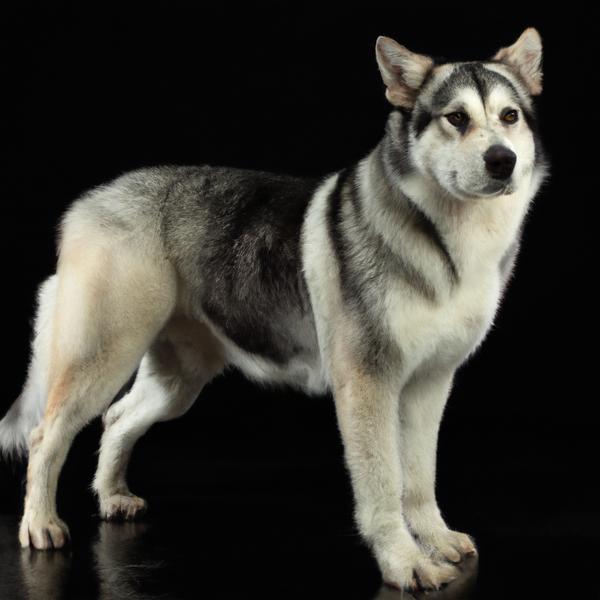
Norjack
Tibetan Chin vs Norjack

Brottweiler
Tibetan Chin vs Brottweiler

Border Schnollie
Tibetan Chin vs Border Schnollie
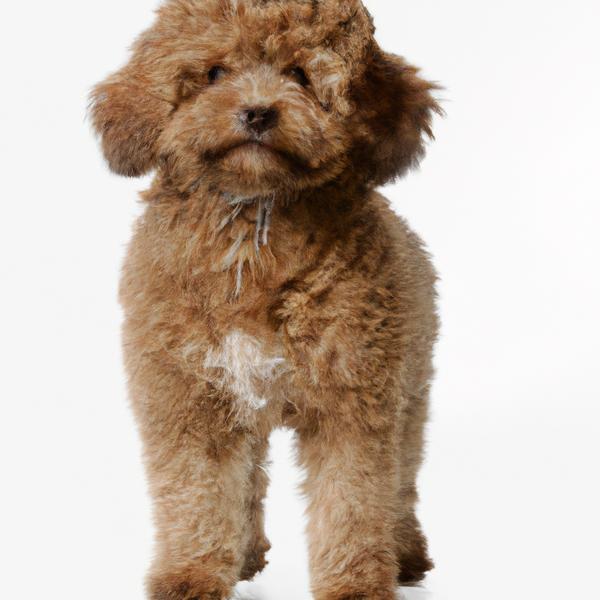
Bossi-Poo
Tibetan Chin vs Bossi-Poo

Lhasa Apso
Tibetan Chin vs Lhasa Apso
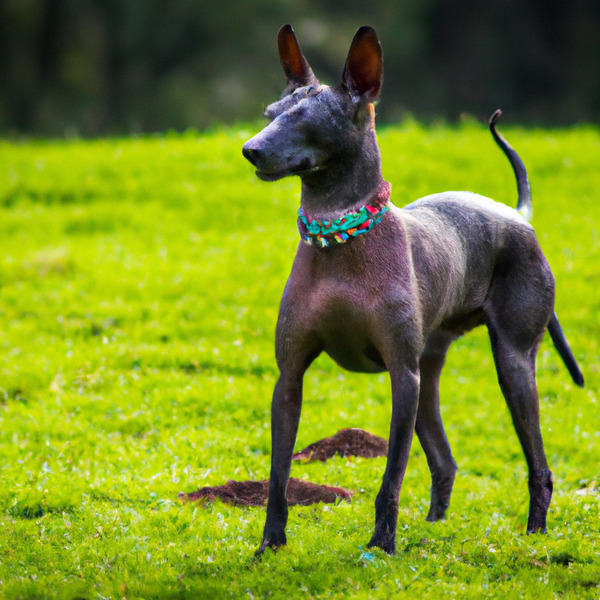
Xoloitzcuintle
Tibetan Chin vs Xoloitzcuintle

Whoodle
Tibetan Chin vs Whoodle

Peka-A-West
Tibetan Chin vs Peka-A-West

Yorwich
Tibetan Chin vs Yorwich
